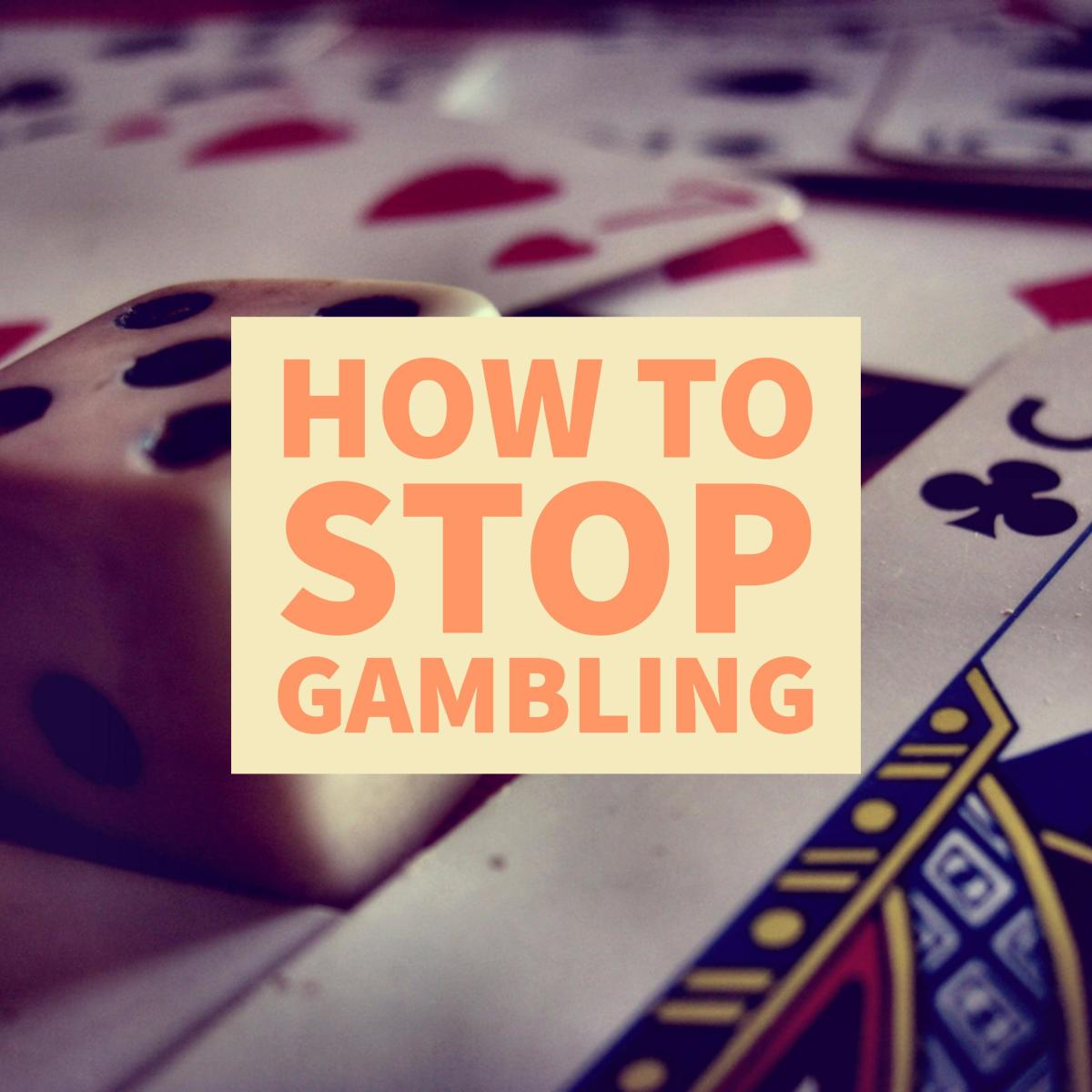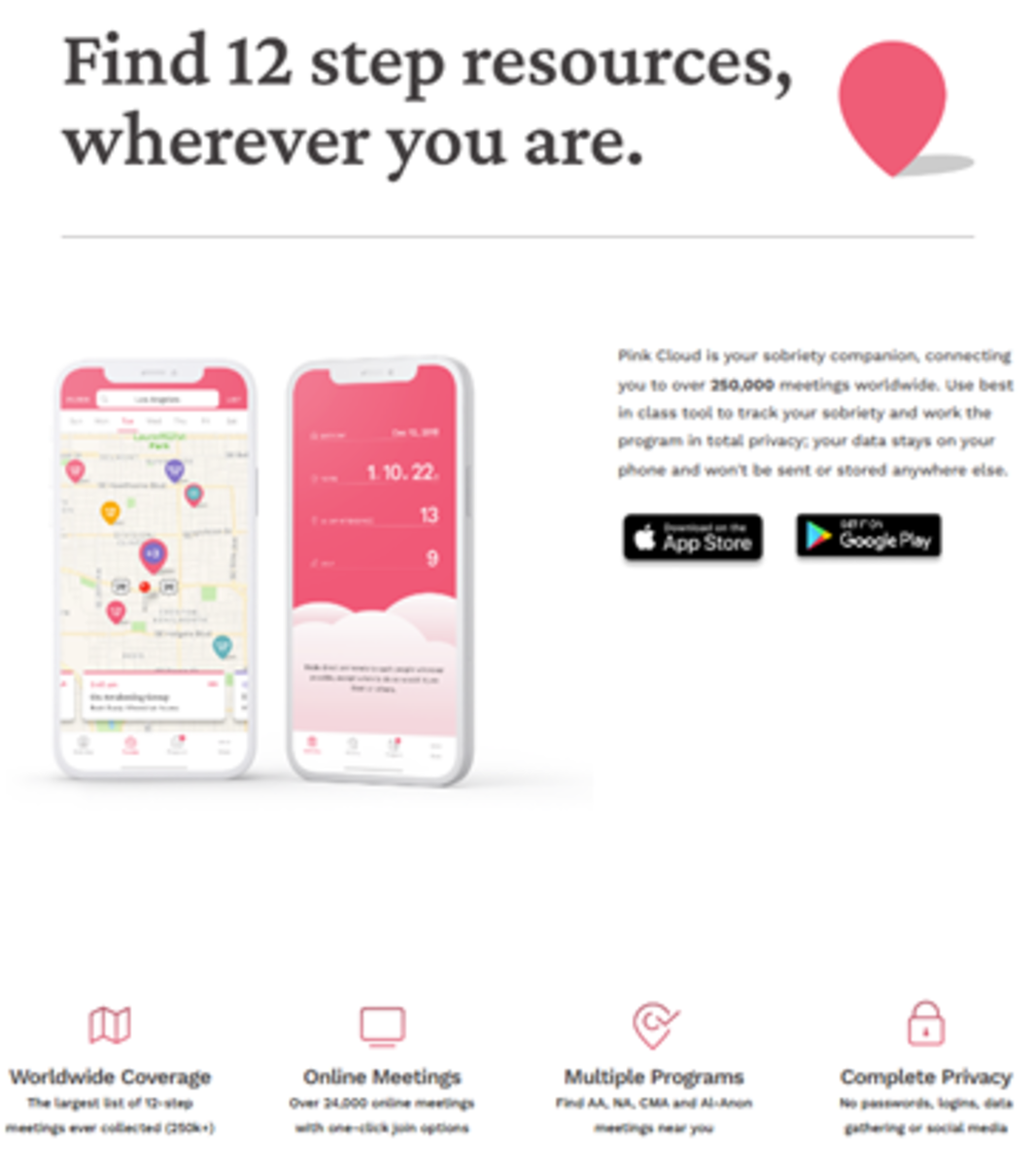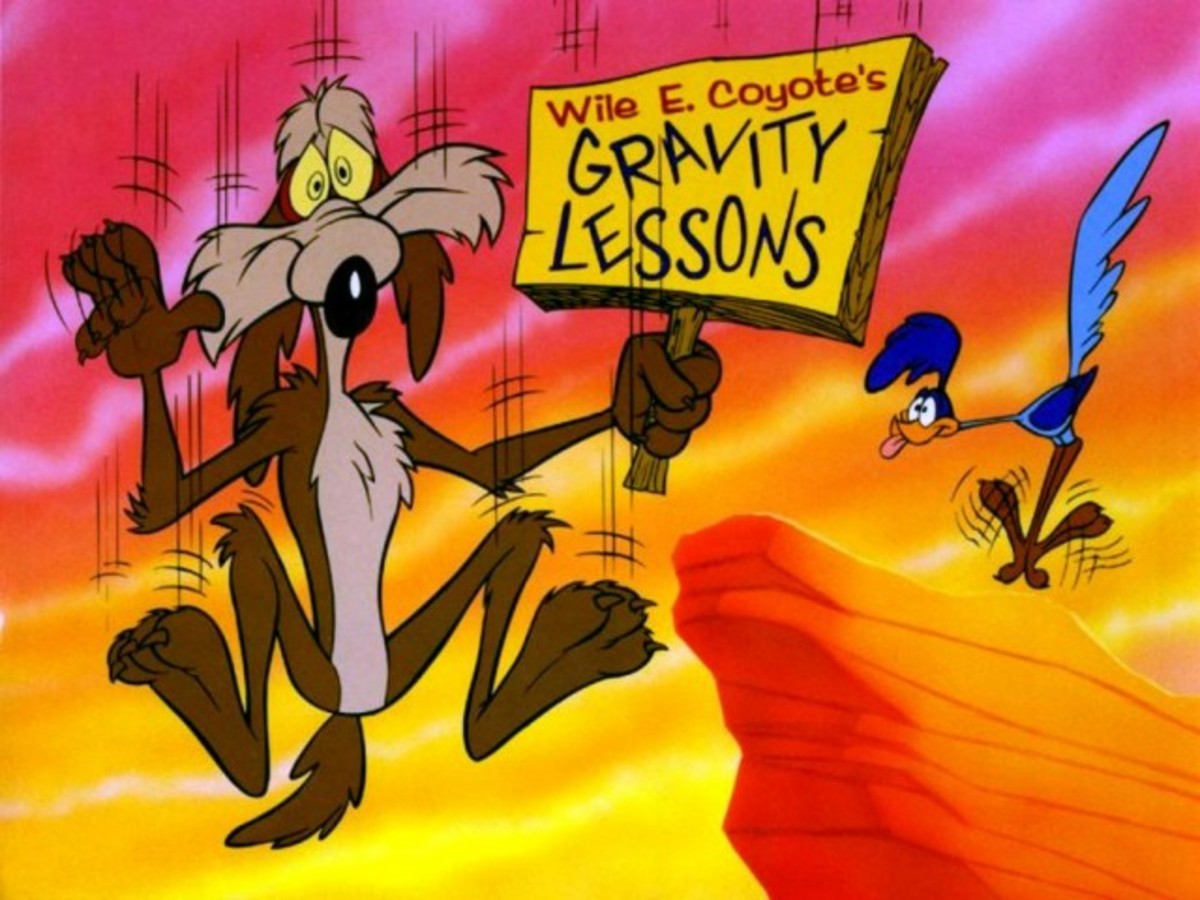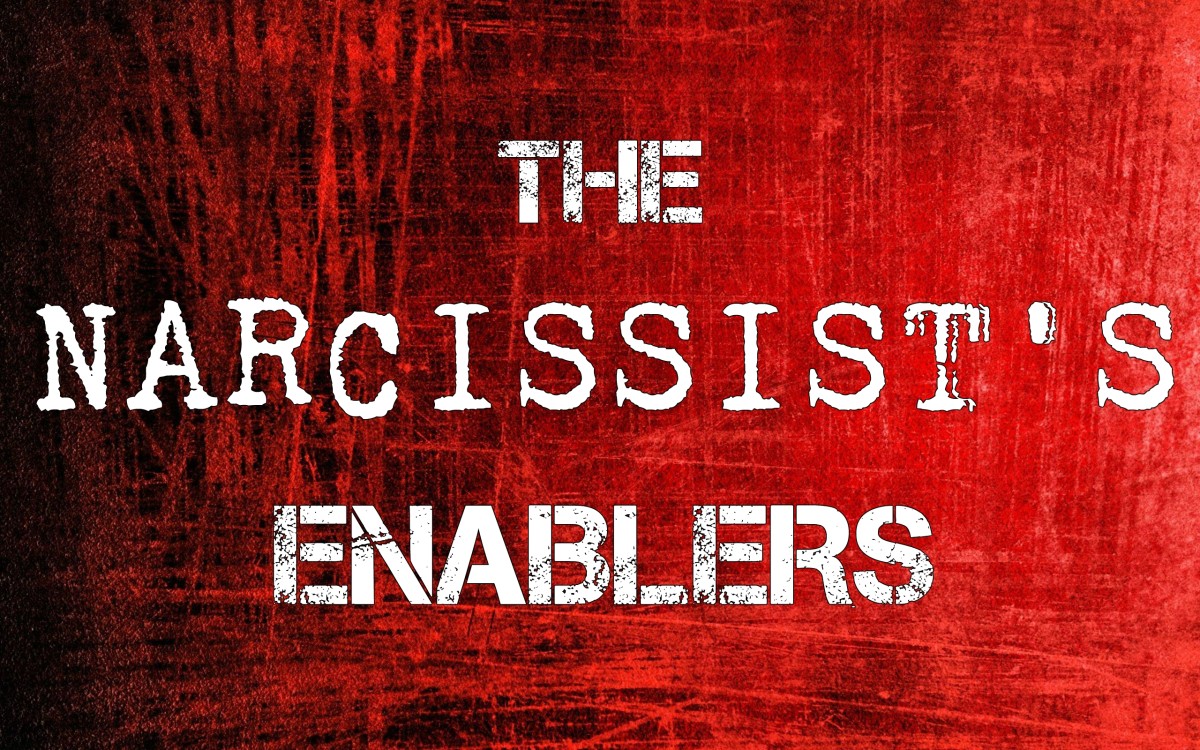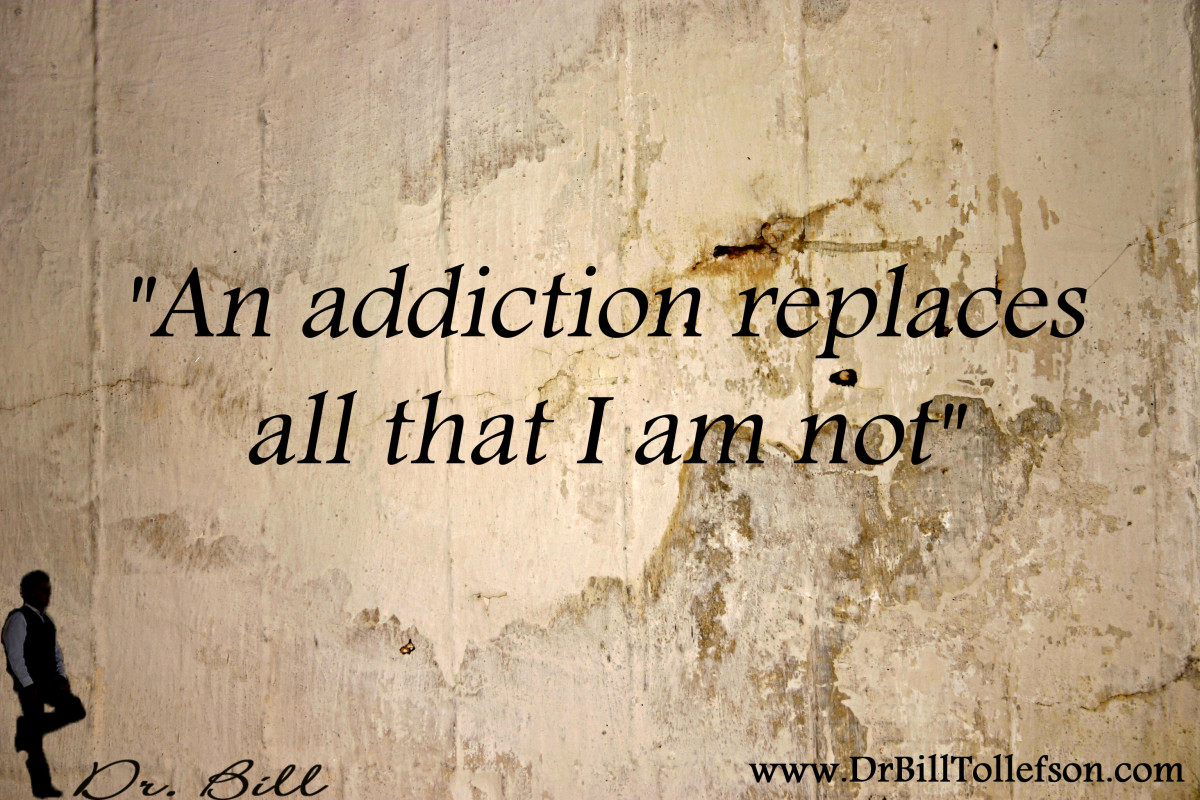- HubPages»
- Health»
- Mental Health»
- Addiction
Problem Gambling Recovery Coaching
Finding Your Pathway

Recovery Coaching in the RAW
Professional Recovery Coaching for Problem Gambling is current, cutting edge, person focused, and effective. I know first hand the destruction of this addiction because I have been there. I also understand the frustration in seeking professional help, as I also experienced that roadblock during my time of searching. The addiction itself is devastating, but even more devastating are the roadblocks many hit when they try to seek help to break free from it.
The addiction experience is devastating, helping someone address it requires un-biased compassion, patience, and skills. Although it's not required, it helps when the person you are working with has a lived experience. Even more helpful is when that person can disclose, discuss, and use that lived experience as a platform to coach others to recovery. Peer services, utilizing those with a lived experience of addiction and recovery, is recognized as an asset to health and human services workforce's internationally. Peer coaches are currently embedded in addition treatment programs, mental health services, hospital emergency rooms, recovery programs, correctional facilities, and more. Some experienced, credentialed peer providers offer personalized coaching, action planning, and advocacy in the private sector. Research and best practice shows that utilizing peers improves recovery outcomes and sustainability.
It's important to understand that people fall into the grips of addiction because they continuously engage in the use of a substance or activity regardless of mounting negative consequences. Some substances and activities are mind and mood altering; providing escape, reward, pleasure, or acceptance. People don't actually get addicted to substances or activities, they get addicted to the effects they provide. Gambling is clinically recognized as an addicting activity, the effects of gambling are narcotic for many who engage. Once addiction sets in and negative consequences mount, a destructive cycle erupts, and gambling intensifies. By the time most addicted gamblers reach out for help, many are experiencing legal issues with severe personal and financial losses; many are hopeless. Helping some addicted to gambling requires skill, understanding of the addiction, and the ability to connect. A connection that extends beyond biases, modalities, philosophies, and opinions.
Think about what a coach is, a motivator, provider of guidance, and the source of lighting a fire beneath someone to succeed. A coach is someone who brings out the best in an individual, focuses on positive attributes, helps set goals, provides support and wisdom. A coach is a provider, a teacher of lessons, and a mentor. A coach can change a persons life. Addiction recovery coaching changes lives.
If you do not have a clear understanding of Gambling Addiction, I suggest you read Understand Gambling Addiction, and then return to this article to explore further.
What is Recovery
Recovery is process, a personal process of change. The process of recovering, whether from illness, addiction, or life roadblocks, involves the removal of the negative impacts of the crisis, while increasing health, wellness, and purpose.
With Gambling Addiction, many seeking to improve their lives and address their gambling, do not realize that there are multiple pathways and processes to do so. Because of misleading, or contradicting information, along with stigmas and misconceptions, problem gamblers often feel hopeless in escaping the destruction.
Most problem gamblers realize there is a problem long before they do something about it. Additionally, problem gamblers often remain silent and are the last to accept the addiction concept. Those close to the gambler are slow in identifying the gambling as a serious problem that requires attention, because they are directly impacted, confused, in pain, and emotionally involved with the process as well.
Unfortunately, because gambling addiction is insidious; known as the hidden addiction, many who battle it have mounds of negative consequences prior to seeking help. Gambling addiction is a progressive condition, regardless of negative consequences, the gambler will continue to do whatever is necessary to gamble, and often does not address the issue until severe legal, or life threatening consequences are present.
What to Do

Gambling Addiction Recovery
There are many pathways to recover from a gambling addiction, however; a most important factor is that the gambler must have a genuine desire that goes beyond wanting things to be different, to taking action. Doing what needs to be done to make recovery happen. Peer coaching is an effective tool that assists individuals to taking action, and keeping momentum.
Gambling addiction is a cunning, powerful condition. It often works outside of one’s awareness, making recovery seem impossible at times. The goal in addressing an addiction is to sustained recovery. The guiding principles behind peer coaching is to provide personal assistance, education, and strategies that help promote sustained recovery for the individual and family. Recovery coaching is delivered un-biased, with the understanding that there are many pathways to recover from a gambling addiction. A key component to to coaching is to introduce multiple pathways to recover from a gambling addiction, and then assist the gambler and family with the pathway of their choice that supports their personal recovery goals and needs, including their core values. The 10 components that recovery coaches incorporate are:
- Self-Direction
- Individualized and Person-Centered
- Empowerment
- Holistic
- Non-Linear
- Strength-Based
- Peer-Supported
- Respect
- Responsibility
- Hope
Common Addiction Recovery Pathways
Before introducing some common pathways many use to address their addiction, let me help you understand what a recovery pathway is. A recovery pathway is simply a means of improving health and well-being. With addiction, a pathway refers to finding a source that helps one improve their life.
Some of the common pathways for gambling addiction you may be familiar with are:
- In/Out-Patient or Residential Treatment Programs
- 12 step (GA Gamblers Anonymous)
- Private Counseling (that may include various modalities, philosophies)
- Self-Help Resources
- Religion
- Spiritual Programs
- "Cold Turkey"
Whether the goal be abstaining from all gambling activity, abstaining from primary gambling activity, cutting back or reducing harm, there are multiple pathways, and the choice is always up to the gambler.
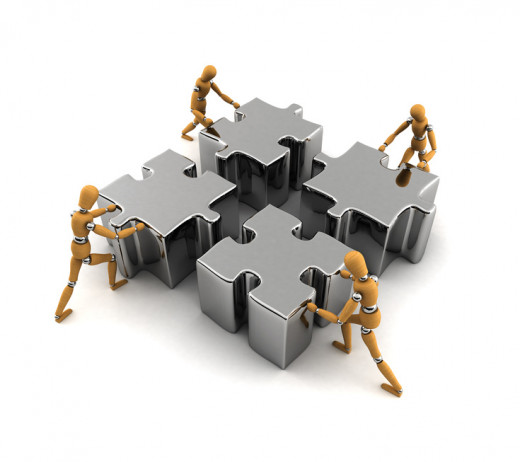
Problem Gambling Recovery Roadblocks
Recovery from problem gambling and gambling addiction can be difficult and come with many challenges. Aside from shame, guilt, and uncertainty, these challenges often make it difficult to believe recovery is possible, and create triggers that can lead to lapse or relapse. Addressing these issues and finding appropriate direction, systems and support is critical, but not something one in early recovery can begin to think about addressing on their own. Additionally, these issues tend to be non-clinical, and although they may be discussed, they are not addressed in most clinical programs or settings. Some of these issues include:
- Financial Difficulties
- Legal Issues
- Employment Issues
- Housing
- Transportation
- Health Concerns
- Family Concerns
- Relationship Repair
Recovery coaching provides the needed assistance that not only addresses the challenges, but provides the assistance that helps repair, resolve and remove the many barriers that stand in the way of sustained recovery from gambling addiction, and life manageability.
An Intelligent Solution for The Problem Gambler and Family
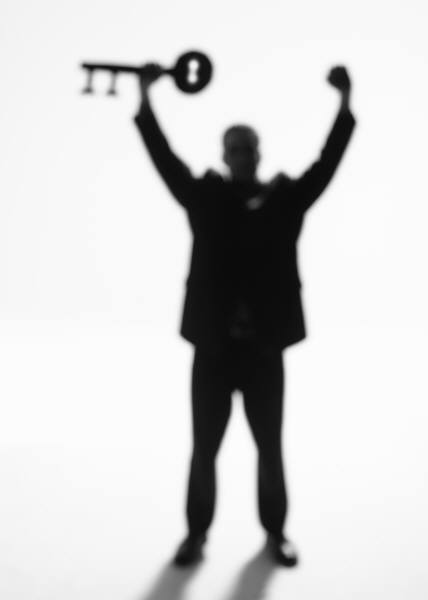
Problem Gambling Recovery Coaching
An emerging, on-demand service that has blossomed into a solution for problem gamblers and other addictions is peer or recovery coaching.
Recovery coaching bridges the gap between brief treatment in an office or confined center, and sustainable recovery in one’s natural environment. Although some problem gamblers require clinical treatment, many do not. Additionally, many programs, private clinicians, and treatment centers have strict modalities and requirement based on biases or opinions in order for them to work with an individual. For example, many require the participation in a 12-step program, and / or have strict philosophies on abstinence, when neither are requirements, or necessary to get life back to manageable again.
Recovery is a process that consists of choices. The choice is up to the individual. Abstinence for example is a choice, and a type of recovery. Recovery coaches work within a strict code of ethics, and do not promote abstinence or any other type or pathway to recovery. The choice of what recovery means to an individual, and how a person chooses to recover is always supported by the coach. Recovery coaches practice with the world view that recovery is whatever the person says it is, and begins whenever the person says it begins. Even through crisis, the person can remain the best expert in his or her own life.
Through the coaching process an individual is provided with guidance, problem solving, and peer support to improve life and accomplish goals. A recovery coach can talk openly about their own recovery process, and share examples of how they overcame similar roadblocks. Coaches are examples, they provide the proof that recovery is possible, and life can improve.
Through the coaching process an individual gains confidence, understanding of gambling addiction and how to prevent set-backs. People gain skills to re-think their lives, their choices, and get assistance with the roadblocks that have been standing in their way. As self-esteem and hope builds, a person begins to distance themselves from their gambling behavior, as they begin a better relationship with themselves.
Recovery coaching is current, cutting edge, un-biased, and person focused. Recovery coaching provides the personal assistance that engages, educates, and supports an individual to make the changes necessary to recover from problems associated with gambling. The primary tools are education, guidance and 1:1 personalized recovery programming and coaching. The coach is a catalyst that assists and guides the recovery process, and supports the appropriate goals and decisions of the individual to move forward. Through the process of coaching, many people with a gambling problem get their lives back to manageable once again.

